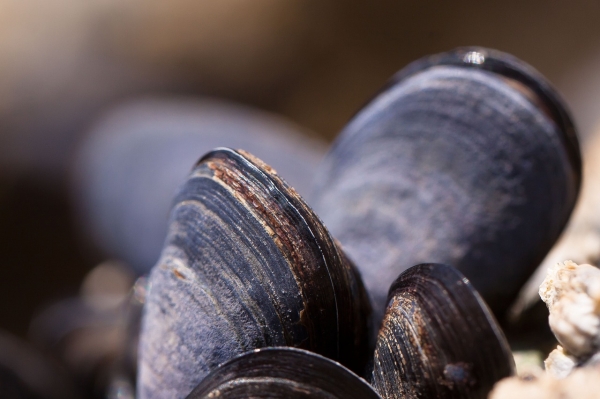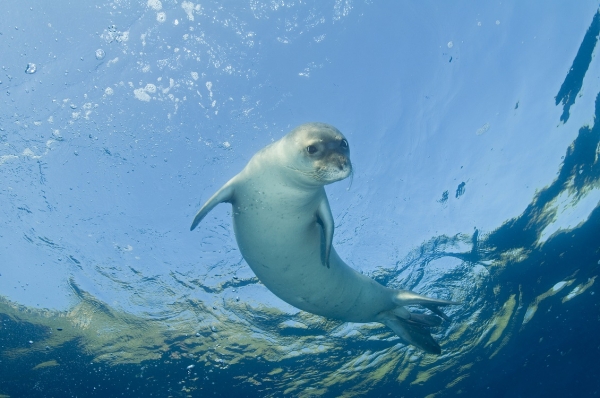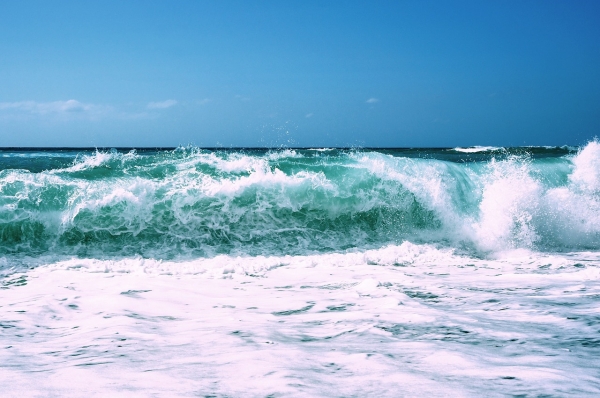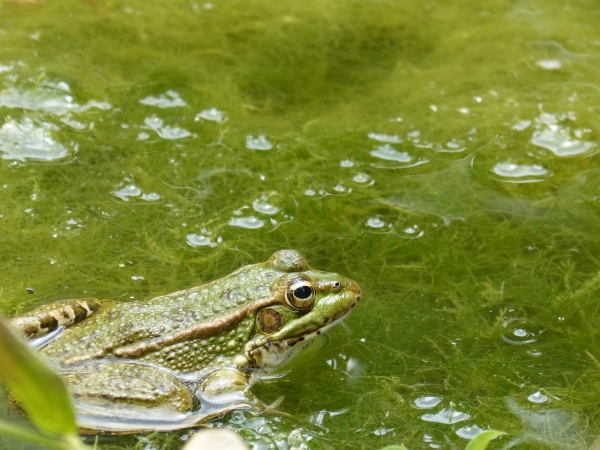Researchers led by Randall Martin investigate global particulate matter, revealing health risks from trace elements.
articles
East Coast Mussel Shells Are Becoming More Porous in Warming Waters
Researchers at the American Museum of Natural History have found that over the last 120 years, the porosity—or small-scale holes—in mussel shells along the East Coast of the United States has increased, potentially due to warming waters.
More Progress Needed on Ocean Protection, Oregon State Scientists Tell Global Conference
World governments and other leadership bodies are taking vital steps to protect the ocean but more progress is urgently needed, Oregon State University scientists reported today at the eighth Our Ocean Conference in Athens.
Honey Bees Experience Multiple Health Stressors Out-In-The-Field
It’s not a single pesticide or virus stressing honey bees, and affecting their health, but exposure to a complex web of multiple interacting stressors encountered while at work pollinating crops, found new research out of York University.
Warming of Antarctic Deep-Sea Waters Contribute to Sea Level Rise in North Atlantic, Study Finds
A new study published in the journal Nature Geoscience led by scientists at University of Miami Rosenstiel School of Marine, Atmospheric, and Earth Science, and the National Oceanic and Atmospheric Administration’s Atlantic Oceanographic and Meteorological Laboratory, found that human-induced environmental changes around Antarctica are contributing to sea level rise in the North Atlantic.
How Blue-Green Algae Manipulate Microorganisms
Cyanobacteria – also called blue-green algae – are known as the “plants of the ocean” because they carry out photosynthesis on a gigantic scale, produce oxygen and extract the greenhouse gas CO2 from the environment.










